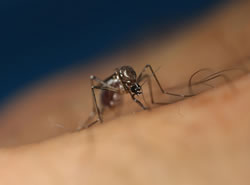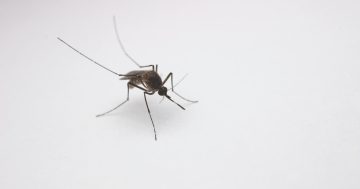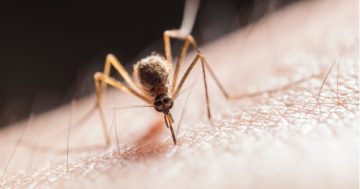 Safe Work Australia has launched new work health and safety (WHS) guidance on dealing with the Japanese encephalitis virus (JEV).
Safe Work Australia has launched new work health and safety (WHS) guidance on dealing with the Japanese encephalitis virus (JEV).
Releasing the guidance, SafeWork said the virus was spread through mosquito bites and was more common in areas of increased mosquito activity.
“Infection in humans is usually asymptomatic, but on rare occasions it can result in severe disease such as encephalitis (infection of the brain) and even death,” SafeWork said.
“JEV spreads when a human is bitten by a mosquito that has previously bitten a pig or a wild waterbird infected with the virus,” it said.
“Japanese encephalitis has been detected in parts of South-Eastern Queensland, New South Wales, Northern Territory, Victoria and South Australia.”
Safe Work said employers in areas where JEV was a concern must do everything that was reasonably practicable to eliminate the risk of workers and visitors contracting it.
“Where you are unable to eliminate the risk, you must do everything that is reasonably practicable to minimise it,” it said.
It said that to minimise risks, employers should:
* Eencourage or ensure vaccination;
* Avoid or minimise working outside where possible, especially dusk/evening and dawn;
* Eliminate mosquito breeding sites around the workplace;
* Ensure workers avoided contact with bodily fluids and tissues of potentially infected animals;
* Install insect screens on windows, doors and vents; and
* Use insecticide sprays, vapour dispensing units and mosquito coils where appropriate.
SafeWork’s guidance on Japanese Encephalitis can be accessed at this PS News link.





